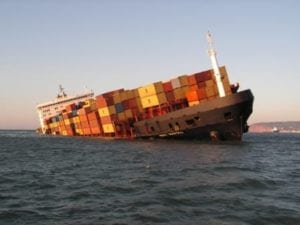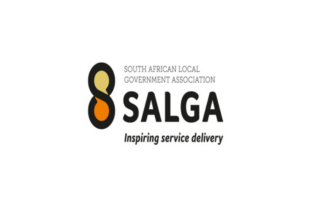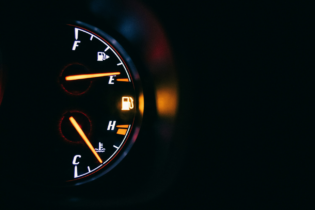Prof. Volker Bertram who is an expert in marine environmental management has warned shipping crews to refrain from not following legislation which causes accidents and water pollution.
Speaking during training on ship safety and environmental aspects organized by Classification Society of Tanzania, Prof Bertram said there is a need to train people on various international and national rules relating to ship waste management towards environmental protection of lakes and oceans. “The treatment and disposal of waste on a cruise vessel presents a special challenge to both vessel designers and operators, not just because of the large quantities of waste to be handled but also the particular trade in which it operates,” Prof Bertram said. Prof Bertram told East African Business Week in Dar es Salaam pollution in such respect must be avoided in order to stay in business. He also noted that the most relevant international regulations with regards to this are the International Marine Organization (IMO) regulations for Maritime Pollution (MARPOL). Prof Bertram was also assisted by former Chairman of the International Association of Classification Societies (IACS) and Germanister Lloyd; Dr. Hans-Georg Prayer who envisaged that the opportunity to visit beautiful, unspoiled locations of great natural beauty is one of the main features of cruising.He added that the pollution of lakes and oceans is a partly due to human behaviour which has spurred public discussions on maritime and safety corresponding legislation.
“Technical and operational measure are reviewed,” Dr Prayer said, adding that the aspects making tankers highly efficient in transport, with associated benefits for emissions, are linked to problems in accidents.” The technical options to improve tanker safety include system technology for collision avoidance, larger rudders and structural design for added collision resistance. He further added progress in design methods, most notably formal optimization, allows better tanker designs with improved safety and energy efficiency. “If available and proposed measures would be implemented, tanker safety would be significantly increased with a modest increase in gasoline and fuel oil prices. The problem is that many tanker accidents are due to violations of existing legislation,” Dr Prayer said. According to him, the problem of implementing safety is then addressed with proposals to increase liability and mandatory insurance independent of where the ship is registered.






